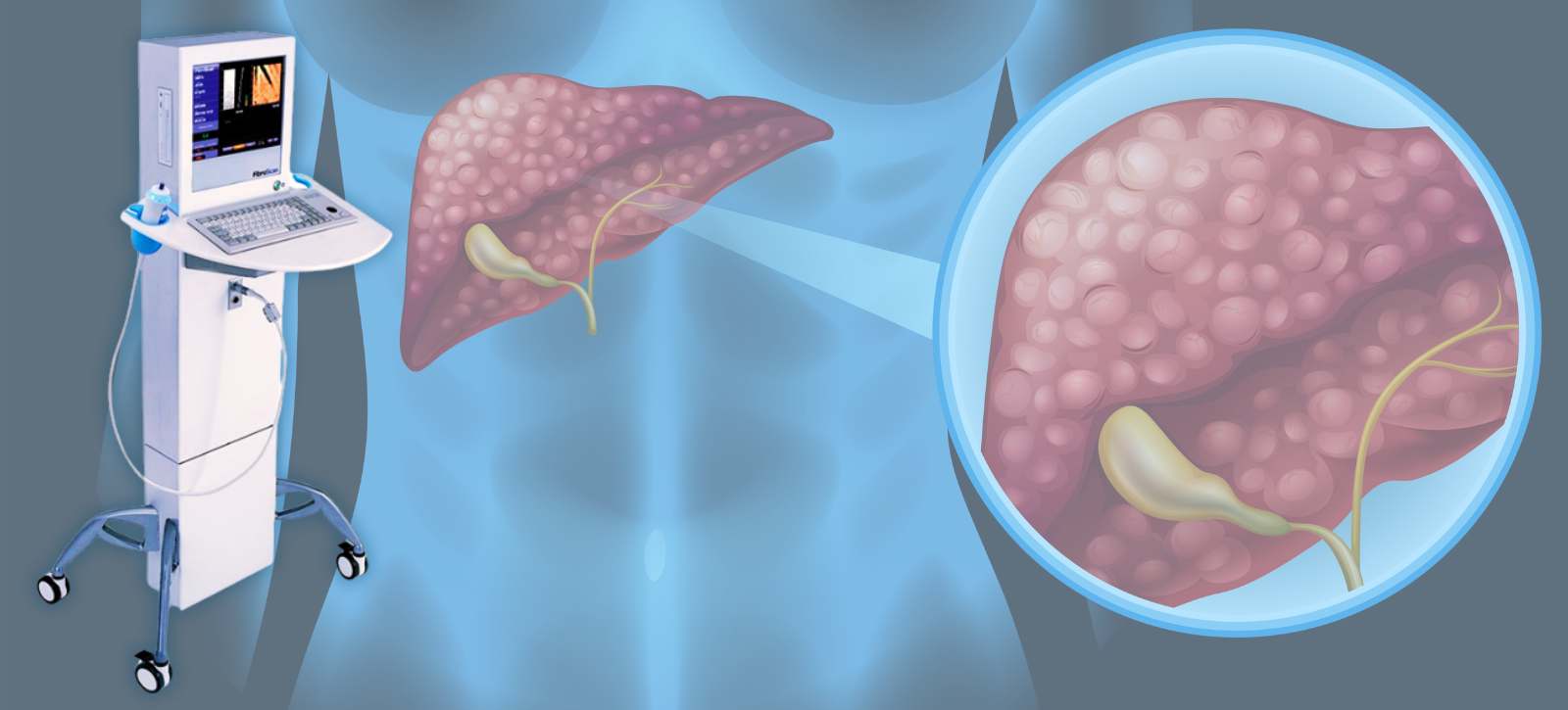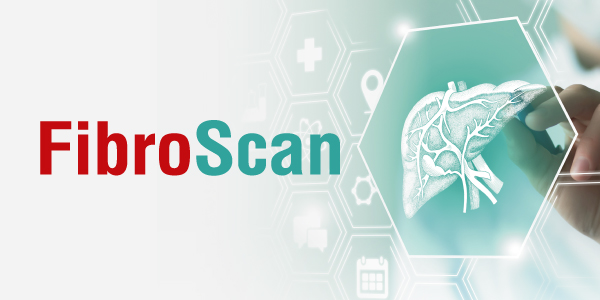Liver Disease: FibroScan; a silent revolution in gentle care

Liver Diseases: Understanding the Silent Guardian
The liver, one of the largest and most vital organs in the human body, serves as a silent guardian—filtering toxins, processing nutrients, aiding in digestion, and regulating countless biochemical processes. Despite its resilience, the liver is susceptible to a wide range of diseases that can quietly deteriorate its function, often without obvious symptoms until the damage becomes severe.
Common Liver Diseases
- Hepatitis (A, B, C, D, and E)
Hepatitis refers to inflammation of the liver, usually caused by viral infections. Hepatitis B and C, in particular, can lead to chronic illness, cirrhosis, or liver cancer if not properly treated. - Fatty Liver Disease (NAFLD & AFLD)
- Non-Alcoholic Fatty Liver Disease (NAFLD) is a buildup of fat in the liver unrelated to alcohol consumption, often linked to obesity, diabetes, and metabolic syndrome.
- Alcoholic Fatty Liver Disease (AFLD) results from excessive alcohol intake.
- Cirrhosis
This condition involves irreversible scarring of the liver, which impairs its ability to function. It often develops as a result of chronic liver diseases like hepatitis or long-term alcohol abuse. - Liver Cancer (Hepatocellular Carcinoma)
Often emerging in the context of cirrhosis or chronic hepatitis B or C infections, liver cancer is a serious and potentially life-threatening condition. - Autoimmune Liver Diseases
Conditions like autoimmune hepatitis or primary biliary cholangitis occur when the immune system mistakenly attacks liver cells or bile ducts. - Hemochromatosis and Wilson’s Disease
These are genetic disorders that cause the body to store excessive iron or copper, leading to liver damage over time.

FibroScan: Revolutionizing Liver Health Assessment
In the realm of liver diagnostics, FibroScan has emerged as a groundbreaking non-invasive technology that offers a safer, faster, and more comfortable alternative to traditional liver biopsy.
What is FibroScan?
FibroScan, also known as transient elastography, is a medical device that measures the stiffness of the liver using ultrasound waves. Increased liver stiffness often indicates fibrosis or scarring due to chronic liver diseases. It also provides an estimate of fat accumulation in the liver (steatosis).
Why FibroScan?
- Non-Invasive & Painless
Unlike biopsies, there are no needles, incisions, or discomfort. The procedure is quick, usually lasting less than 10 minutes. - Real-Time Results
The results are available immediately, allowing physicians to make quicker decisions about treatment strategies. - High Accuracy & Reliability
FibroScan has proven to be highly accurate, especially in detecting significant fibrosis or cirrhosis, aiding in early intervention and monitoring. - Ideal for Routine Monitoring
Because it’s safe and repeatable, patients with chronic liver conditions can undergo regular scans to monitor progression or regression of disease.
The Vital Role of FibroScan in Detecting Liver Diseases
Early detection is everything when it comes to liver health. Many liver diseases progress silently, showing few or no symptoms until significant damage has already occurred. This is where FibroScan becomes a game-changer.
Why FibroScan Matters in Liver Disease Detection
- Early Identification of Fibrosis and Cirrhosis
Liver stiffness increases as fibrosis (scarring) develops. FibroScan can detect and measure the extent of this stiffness, allowing doctors to catch liver damage in its early stages—well before symptoms appear or complications arise. - Detection of Fatty Liver (Steatosis)
Fat accumulation in the liver is often a precursor to more serious issues like inflammation, fibrosis, or even liver cancer. FibroScan provides a quantitative measurement of liver fat, helping diagnose NAFLD (Non-Alcoholic Fatty Liver Disease) and AFLD (Alcoholic Fatty Liver Disease) early on. - Risk Stratification Without Biopsy
Traditionally, a liver biopsy was the gold standard for diagnosing fibrosis. However, it's invasive, painful, and not suitable for routine monitoring. FibroScan eliminates the need for biopsy in many cases, offering a safe, repeatable, and non-invasive alternative—ideal for screening and follow-ups. - Guiding Treatment Decisions
By accurately staging liver disease, FibroScan helps doctors decide when to start treatment, how aggressive it should be, and when to adjust the approach. It plays a critical role in managing chronic conditions like hepatitis B, hepatitis C, and NAFLD. - Monitoring Disease Progression or Regression
Because it's quick and easy, patients can have regular scans to track changes in liver stiffness or fat content. This allows physicians to monitor treatment effectiveness or detect worsening conditions early.
FibroScan Saves Lives by Enabling Earlier, Easier, and More Accurate Detection
FibroScan bridges the gap between routine screening and advanced diagnosis. It allows for:
- Faster decision-making
- Less reliance on painful biopsies
- Early lifestyle interventions
- Better long-term outcomes
As liver disease rates rise globally—especially due to obesity, alcohol use, and viral infections—FibroScan is becoming a critical tool in both primary care and specialized hepatology clinics. It's not just a diagnostic device—it's a lifeline for liver health.
A New Era of Liver Care
With rising global incidences of liver disease, especially non-alcoholic fatty liver disease driven by modern lifestyles, technologies like FibroScan are transforming how we detect and manage liver health. Early diagnosis and regular monitoring empower patients and healthcare providers alike to take proactive steps toward prevention, lifestyle changes, and effective treatment.
As medicine continues to evolve, the focus shifts from invasive procedures to patient-centered solutions that combine comfort, accuracy, and efficiency—FibroScan is a shining example of this evolution in liver care.
Heart of Care, Essential Care for You

